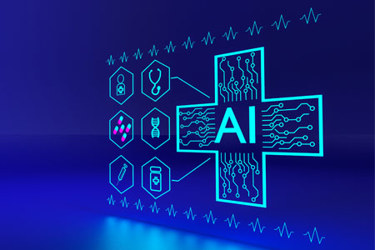AI Maturity In Clinical Development: A Practical Framework And Next Steps For Leaders
By Charlie Paterson

As artificial intelligence (AI) increasingly shapes clinical development, organizations encounter significant challenges in integrating it as a core capability rather than merely a set of tools. This transformation necessitates a strategic assessment of AI maturity to benchmark progress and readiness for adoption. Regulatory bodies, including the FDA and NIH, are adapting their processes to leverage AI, enhancing efficiency and transparency in decision-making.
To scale AI effectively, clinical development must evolve towards integrated teams that promote rapid innovation and data-driven decision-making, supported by shifting governance structures. Building AI fluency across clinical teams is crucial, necessitating training on AI outputs and risk signals, redefining data roles, and fostering cross-functional collaboration. Effective change management, underpinned by executive sponsorship, is essential for establishing trust in AI adoption. Ultimately, the successful implementation of AI in clinical development hinges on organizations' readiness to evolve, invest in infrastructure, and cultivate a culture of experimentation while aligning with regulatory standards. The future of clinical research relies on operationalizing AI in a scalable, sustainable manner, ensuring that both technological and human factors are harmonized in this transformative journey.
Get unlimited access to:
Enter your credentials below to log in. Not yet a member of Clinical Tech Leader? Subscribe today.
